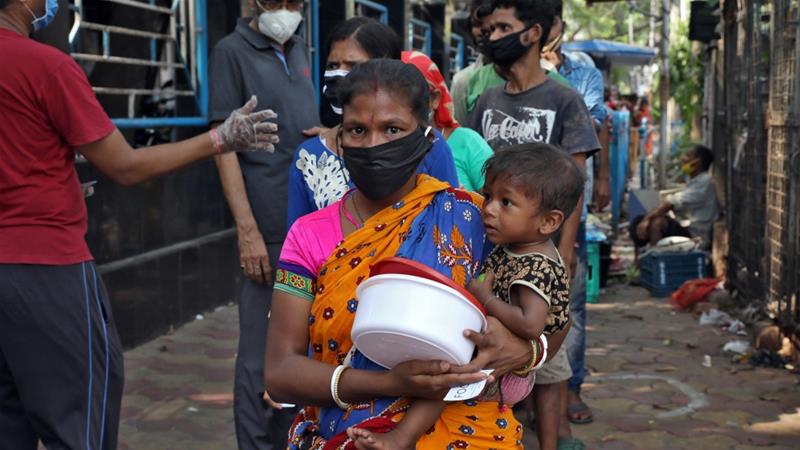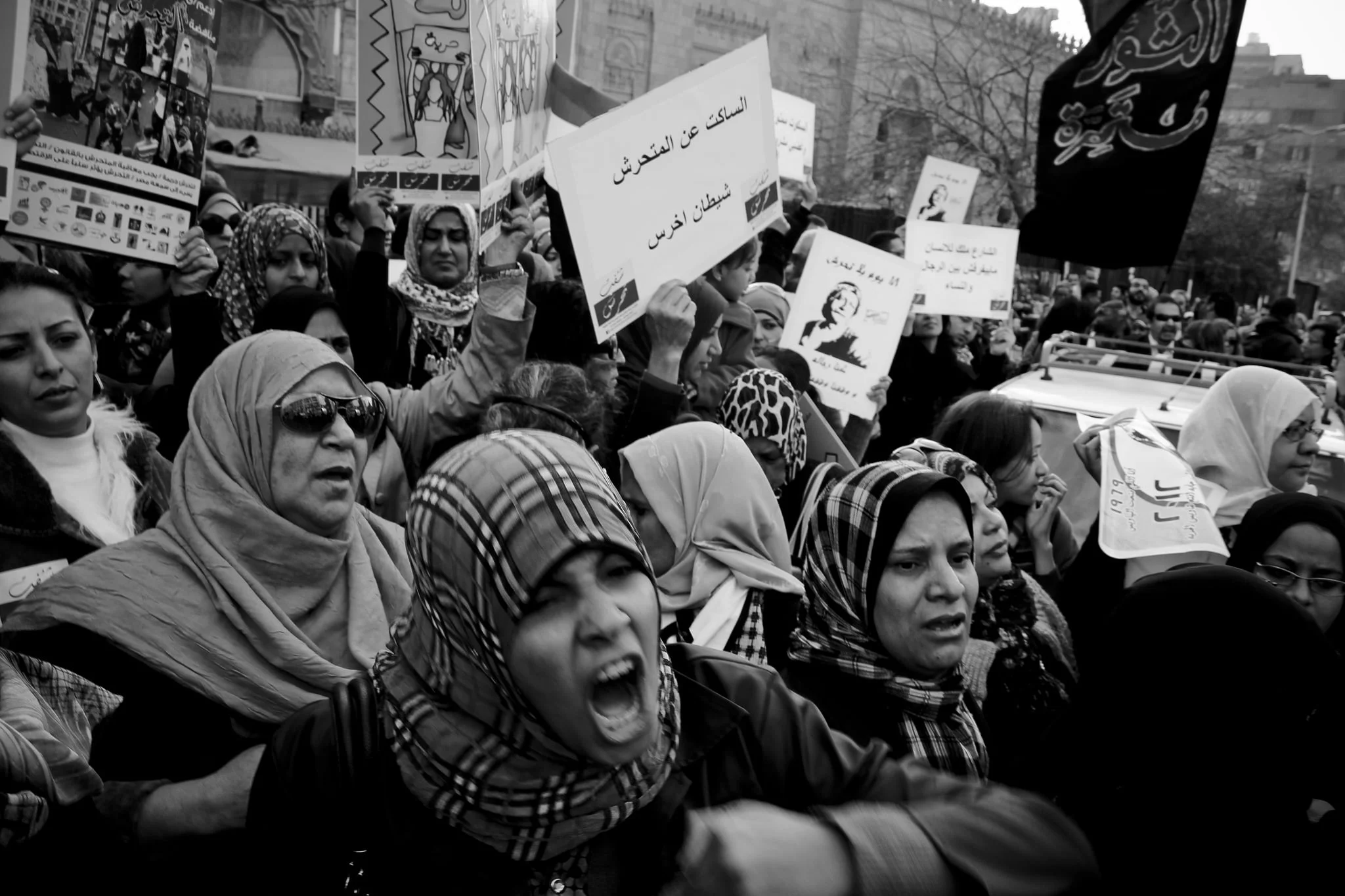The world is living through unprecedented times. The Coronavirus (COVID-19) is causing anxiety, uncertainty and disruption. Many countries of the world are under full lockdown, except for supplies of essential goods and services. Announcement of lockdown in India happened on 24th March at 8 pm by PM Narendra Modi and came into effect at 12 am on 25th March, leaving more than 130 Crore Indian citizens with only 4 hours to get prepared for lockdown. Public transports like trains and buses were already suspended a few days back due to fear of the spread of this pandemic across the nation. Due to this immediate imposition of lockdown people across the nation started assembling basic needs like dry foods, medicine etc., so that they don’t get into trouble during this lockdown. But this preparedness for the lockdown was directly proportional to the resources one carries, most importantly economic resource but also a political and social resource to meet these basic needs. In this unequal world, with increasing disparities, hunger still exists as a major issue in India and this lockdown has further triggered the problem of hunger even more.
The latest Global Hunger Index that has classified India at Rank No.102 among 117 nations. It is, in fact, discouraging to realize that India has slipped seven scores from No.95th in 2010 and that our prompt neighbors like Bangladesh, Nepal and Pakistan have performed better.
Who Suffers The Most?
Food supplies over the world will be “greatly upset” by the coronavirus, and unless governments take prompt actions, the number of individuals enduring incessant yearning could increase twofold, a portion of the world’s greatest food companies have cautioned.
In this present scenario, the government is suggesting measures to safeguard ourselves from the virus. But we need to focus here that even if the market is supplied in abundance with these precautionary kits, poverty in India would not allow the marginalised to buy them.
In this present scenario, the government is suggesting measures to safeguard ourselves from the virus. But we need to focus here that even if the market is supplied in abundance with these precautionary kits, poverty in India would not allow the marginalised to buy them. It is a mere luxury of riches to wash hands three times a day. The people who live in hunger do not have such luxury and they continue to suffer the most. Lack of healthy sustenance debilitates people’s immune systems. Children who are malnourished face long haul well being and subjective results. Indeed, even individuals and families who don’t get the infection will be affected by the loss of work and wages.
Migrant Workers: Without Work, Money, Food and Shelter
It was widely seen across the nation especially in north India that migrant workers had a hard time coping with a nationwide lockdown situation. There are around 470 million workers in India where 80 to 90 percent of them are in the informal sector, having neither proper contracts nor protected by labour law of the country. 100 million migrant workers are currently present in India working as construction workers, textile workers, street vendors, domestic help, rag pickers, sanitation workers, etc. Most don’t approach any additional benefits, sick leave/paid leave or any sort of protection. Many don’t have financial balances, depending on daily wages to meet their day by day needs.
In an interview with The New York Times, Ramchandran Ravidas, a rickshaw driver of Delhi told them that on a hard-working day he can earn 450 rupees. He lives outside the garage he borrows rickshaw from and stressed that he will be chased out soon as he has had no earning since the lockdown. He doesn’t have a house to stay and considering his work is his home, he stated that he is not afraid of getting infected by Coronavirus but fearing from hunger and finds death will be an end to his miserable life.
Another daily wage construction worker in Delhi who comes from Uttar Pradesh told BBC’s Vikash Pandey that he already knew that there will be no one to hire us in this lockdown but couldn’t resist coming. He will be running out of food and money in a few days and even though he understands the risk of coronavirus, he can’t see his family starving. They are stuck in between nowhere, they neither have food to eat nor transports to go to their village.
He lives outside the garage he borrows rickshaw from and stressed that he will be chased out soon as he has had no earning since the lockdown. He doesn’t have a house to stay and considering his work is his home, he stated that he is not afraid of getting infected by Coronavirus but fearing from hunger and finds death will be an end to his miserable life.
Dalits
The working class is economically poor and mainly comprises Dalits and other backward social groups of the Indian population. Many Dalits work as domestic workers and sanitation workers. In the period of this nationwide lockdown, many Dalit migrant workers and other workers from informal sectors lost their job and hunger clinched their life. But at the same time domestic workers especially women in big cities like Delhi or Mumbai are doing their work because most of them can’t afford to take leave as it will lead to loss of job or pay.
Some of them are doing their jobs because of the urgency of their work in many urban households. Few of these domestic workers spoke to National Herald stating that they are the only bread earner of the family, and hence, it has become a compulsion for them to work during lockdown even at the risk of their and family’s life. As like domestic workers, vegetable, fruit vendors whose lives depend on daily income are also at their work, providing needs and essentials at the doorstep of middle-class urban families.
Also read: COVID-19 In India: The Shunned & The Forgotten Migrant Workers
Sanitation workers are also at their work right now during the lockdown. India already lacks in protective equipment for sanitation workers even if there was no globally spread Coronavirus but this pandemic leaves them most vulnerable as they are exposed to all kind of wastes including used masks and gloves and other medical waste which could be one of the most possible dangers for spreading this COVID-19 virus.
Sayaba Kunchikorwe, a sanitation worker of Mumbai while speaking to Al Jazeera stated that he spends his day collecting garbage consisting of rotting food items, broken glasses, plastic bags, medical waste, and few face masks. He adds up saying that when they threatened to strike, the contractor provided them with poor quality masks and gloves which did not last for more than two days and left them with no choice but work bare hands as they feared to lose the job if they don’t work. Even though many higher authorities have tried to assure that no one will lose their salary or job in this lockdown period, these communities are not able to assure their jobs without risking their life.
MANY DALITS WORK AS DOMESTIC WORKERS AND SANITATION WORKERS. IN THE PERIOD OF THIS NATIONWIDE LOCKDOWN, MANY DALIT MIGRANT WORKERS AND OTHER WORKERS FROM INFORMAL SECTORS LOST THEIR JOB AND HUNGER CLINCHED THEIR LIFE. BUT AT THE SAME TIME DOMESTIC WORKERS ESPECIALLY WOMEN IN BIG CITIES LIKE DELHI OR MUMBAI ARE DOING THEIR WORK BECAUSE MOST OF THEM CAN’T AFFORD TO TAKE LEAVE AS IT WILL LEAD TO LOSS OF JOB OR PAY.
The case is very much paradoxical for Dalits, where many have lost their jobs and are left rely on philanthropists, other social workers and individuals who are taking all measures in their capacity to ensure food to mitigate the hunger of these marginalized people. Whereas some of these Dalit workers are still working because of the nature of their work which accommodates their work in this situation, but this doesn’t assure their safety from the COVID-19 virus and leaves them vulnerable during this pandemic. In both above cases, there is the loss-loss situation and to save themselves and their family from hunger they are ready to take the risk of getting infected.
Possibilities of Mitigation
There are many relief packages that have been announced by the central government, and many state governments India announced a 23 billion relief package to help the working-class comprising migrant workers, Dalits and other marginalized communities. The question is how this money will reach the needy as many of them are from the informal sector and have barely an official record. There are many organizations local as well as national who are passionately working to help these workers and providing them with food and other essential needs.
The government must take some assured steps to reach out to their needs, as many officials have suggested setting up of community kitchens in those localities where these working populations live. These areas should be more regulated and hygienic. There should also be a probability of direct cash transfer in the bank account of these workers, as not all these workers carry bank accounts but those who do be benefited at the least.
Also read: Sex Workers Of Sonagachi: Social Distancing & Stigma During COVID-19
India lacks the supply of protective equipment even for doctors and others who are working on the forefront during this pandemic. So the government and other organizations that are capable of helping must increase the supply of the protective equipment and assure that workers who are still working during lockdown must get this equipment to reduce risk on their life. These are the immediate remedies to reduce the misery of these working-class, where one can argue for redistribution of wealth across the nation at least if not across the globe as a long-term solution to reduce this misery among the working-class for future.
References
Featured Image Source: Al Jazeera
About the author(s)
I am an education professional who has experience working in NGOs and schools involved in the task of improving school education and ensuring social equity in the academic sector, presently teaching as teacher educator in college. I am a graduate in social sciences, with an interest in teaching students at the secondary school level. My latest research interest is looking at the intersection of gender and caste in schools and on education overall.




